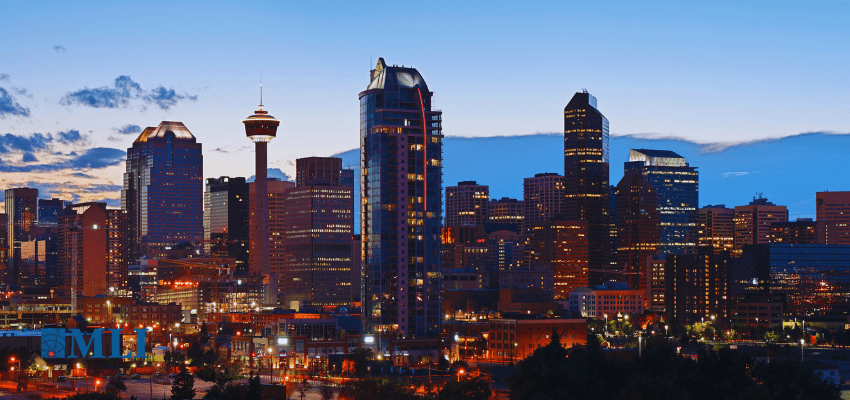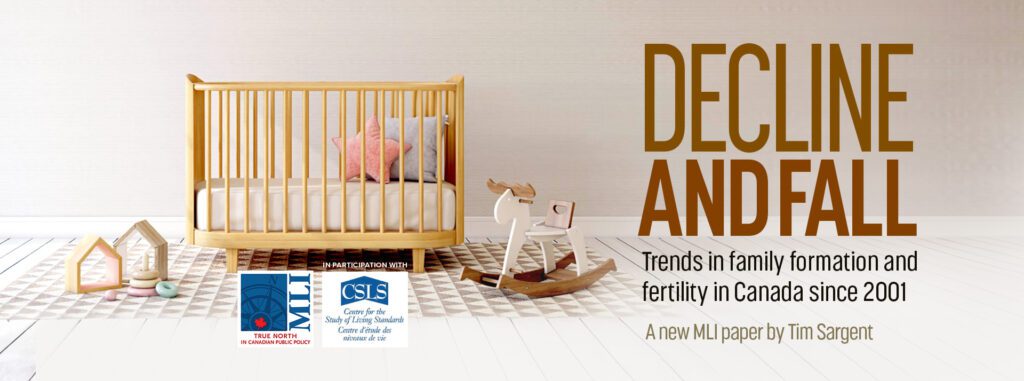This article originally appeared in the Line.
By Peter Menzies, July 2, 2024
The latest news is encouraging: water service may be fully restored in Calgary by next week, on Canada Day, no less. This would be welcome news for the city’s 1.6 million residents. But those same residents deserve answers and accountability, not lectures. Alas, this isn’t what they’ve been getting.
And it’s not like Calgarians haven’t shown they can come together in a time of crisis. In 2013, Calgary was inundated with a near-Biblical flood, a deluge of river water so extreme that half the downtown core was inundated. Within hours, citizens mobilized. They crowded the streets of damaged neighbourhoods holding shovels and boots, ready to muck sewage, mud and water from strangers’ basements.
More than 10 years later, in the face of a catastrophic water main break on June 5, residents of Canada’s fourth largest city were notified via emergency alert that water restrictions had been imposed. There could be no outdoor watering on pain of a $3,000 fine. Toilets should be flushed much less frequently, dishwashers must not be used, less frequent showers should be three minutes or less (ie. no hair-washing for many women), swimming pools were closed, and more, all in order to reduce overall water use by 25 per cent.
This is unpleasant and inconvenient, but everyone is otherwise comfortable in their own homes, and there is enough water pressure to drink and maintain basic hygiene. Still, those same residents who rallied to the cause in 2013 have spent weeks griping about having to conserve water.
What changed?
For one thing, the flood of 2024 wasn’t a natural disaster. Though we don’t yet know its cause, we can be sure that this was a man-made failure, the result of either poor planning, poor engineering or poor maintenance. And yet rather than galvanizing the city, the mayor of Calgary, Jyoti Gondek, has come off as crushingly patronizing in her attempts to wheedle citizens into using less water. Admonitions to Calgarians for failing to do better are harder to stomach coming from a leader who won’t take accountability for her own part in the debacle. Like so many public servants before her, Gondek has deflected blame — to the province, to the federal government, to her own staff, and even on to Calgarians.
It’s frankly astonishing that the city responded as well as it has, drastically reducing its collective water use at the height of the summer season, and in spite of constantly shifting information about how long the repairs would take. The initial hours all had a very “we’re all in this together” and “just two weeks to flatten the curve” feel to it. Especially because it was assumed that all would be quickly repaired — a day, maybe two. That was quickly revised to five to seven days, but that still felt manageable. And then, on June 14, the city announced that — uh, oh — it had discovered a whole bunch more cracks in the main pipe, and that it would be three weeks, maybe five, before repairs could be complete. A state of emergency was declared the next day.
And just before that announcement, Gondek appeared with the mayor of Airdrie, an adjoining city connected to the same water system, at a news conference where both let their citizens know they were the ones who “must do better.”
The problem, they said, was that while the public’s response over the first days of the catastrophe had been admirable, water usage had been creeping back up. Of course it had. People had been led to believe the repairs would be complete in a week or so and guess what? You can only go so long before you decide to have a shower, wash your hair, do the dishes and flush the toilet. Some, foolishly, may have even assumed the matter had been resolved.
Brown gave advice on how to better manage how we brush our teeth. Gondek threatened the harsh truth that if citizens didn’t better conform to expectations “the taps will run dry at some point.”
She made it very clear that if Calgarians, already smelly and disheveled, don’t behave as requested, water restrictions could intensify.
“If we can’t do our part by banding together,” she said ominously, “There may be some restrictions that come into place. We don’t know what that looks like. I don’t want to get to that stage.”
Brown advised that folks be mindful of their privilege as people accustomed to liberal access to clean water because “lots of places around the world don’t have that opportunity.” To which I — and I am sure a great many others who have abandoned personal hygiene — responded under my breath, “Oh, please. No one believes you guys anymore — just fix the (frickin’) pipe.”
None of the reports of the news conference indicated that either mayor was bending over to accept their responsibility as elected officials for the shocking failure to ensure the provision of the most basic of public services. Neither reportedly said anything remotely resembling “This happened on my watch and I’m sorry. I accept responsibility. Now I’m humbly asking for your help.”
Nope. In a perverse twist, it was left up to the 1.6 million unwashed, gamy people in Calgary and surrounding service areas to accept their responsibility for this dilemma, spend some time pondering their recent actions and consider how, going forward, they can do better.
What is going on in Calgary is not the public’s fault. It can only be explained by public-sector failure, accountability for which lays squarely at the door of civic officials and employees. It is they who have failed, in spectacular and unprecedented fashion, to do their job.
Cheerfully encouraging people to work from home so that they don’t have to worry about their scruffy stink, isn’t going to change that. Calgarians know how to show up in a crisis. Why don’t their leaders?
Peter Menzies is a Senior Fellow with the Macdonald-Laurier Institute, a former newspaper executive, and past vice chair of the CRTC.







